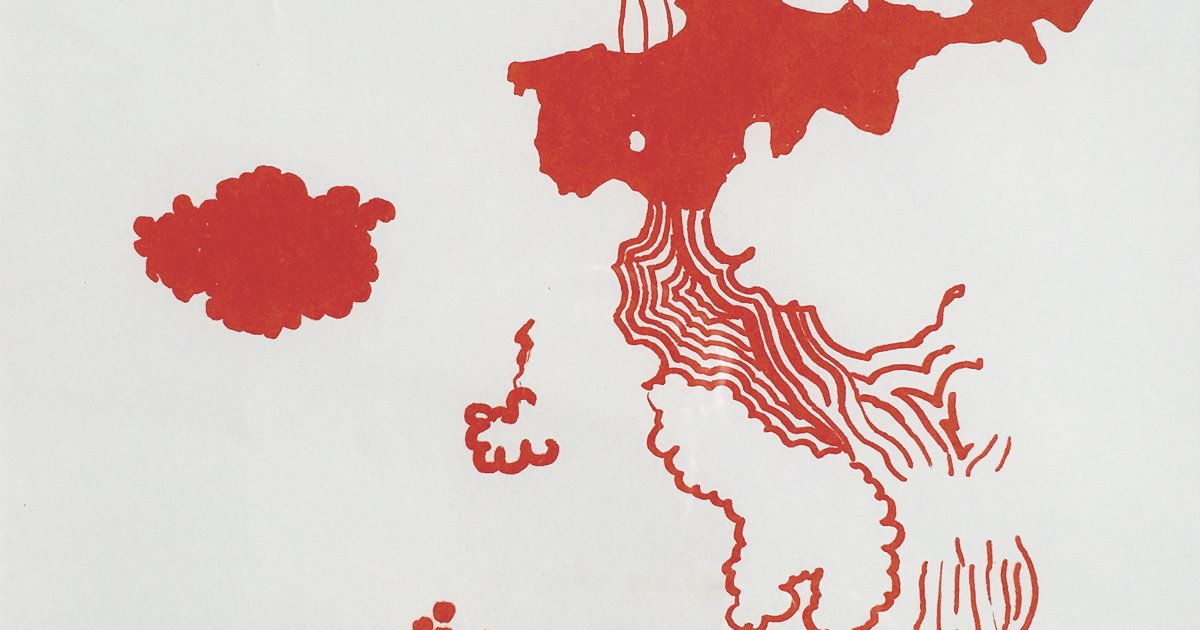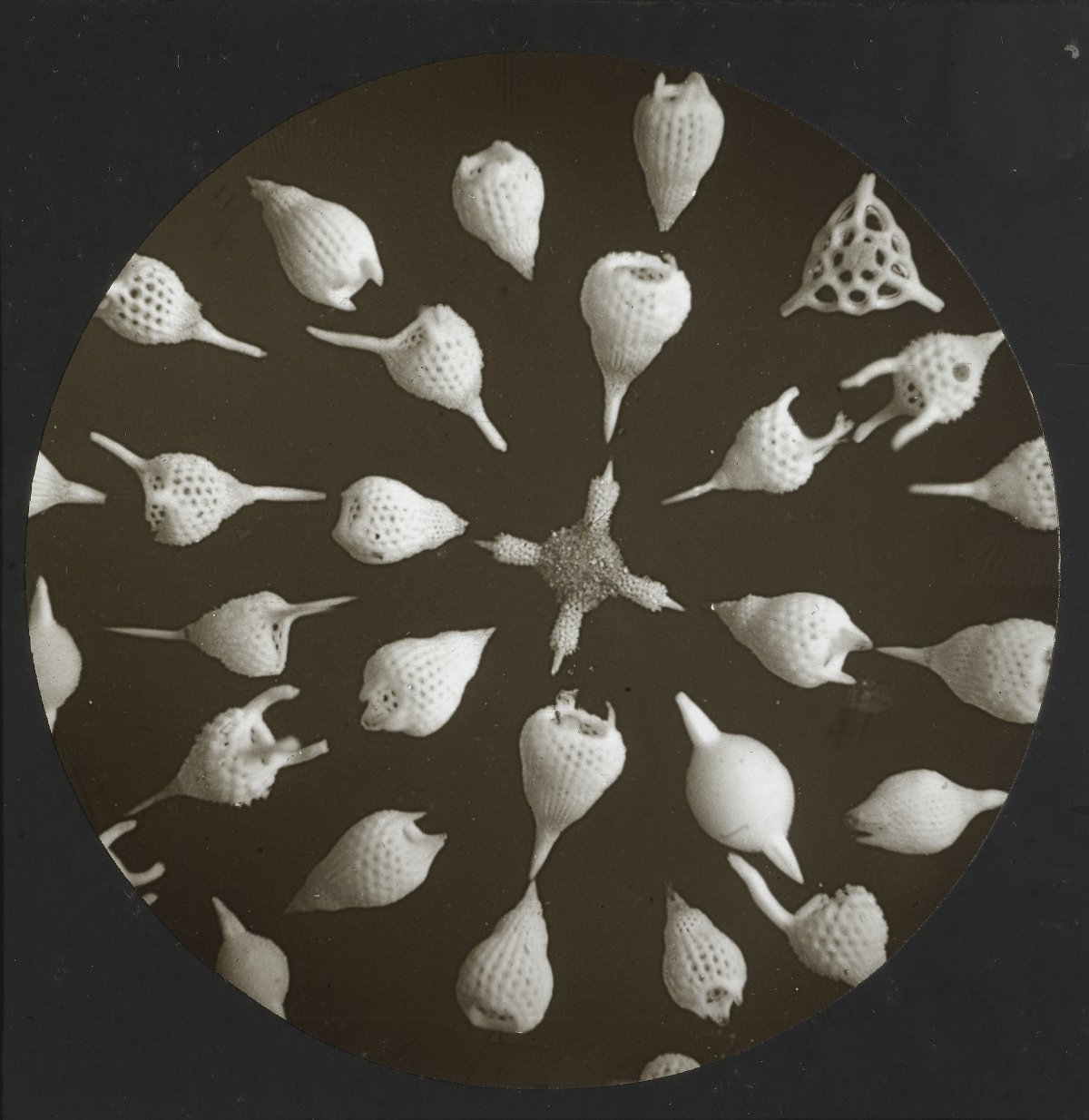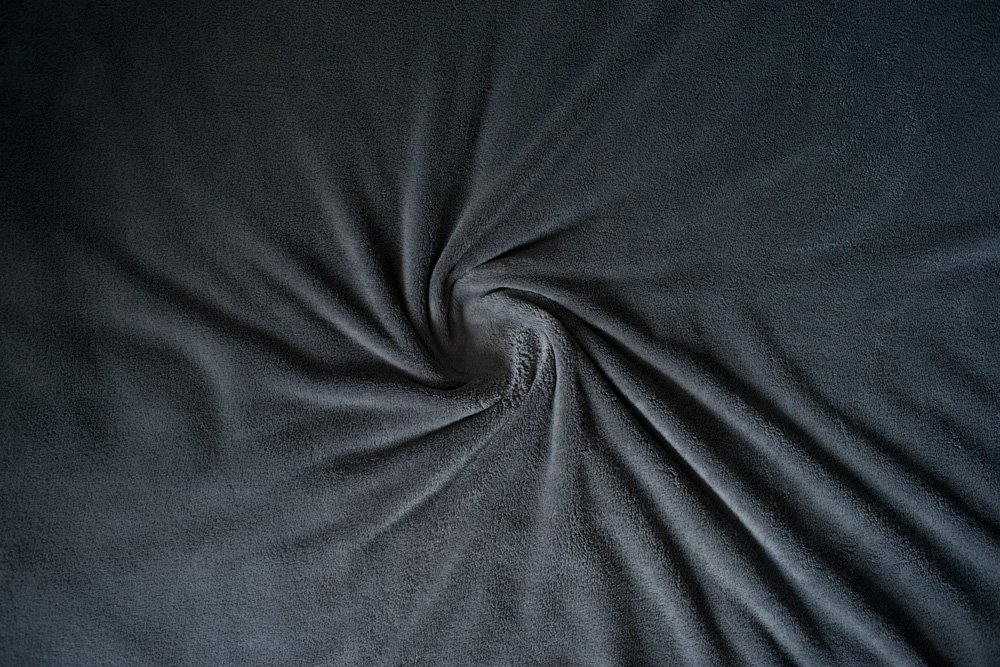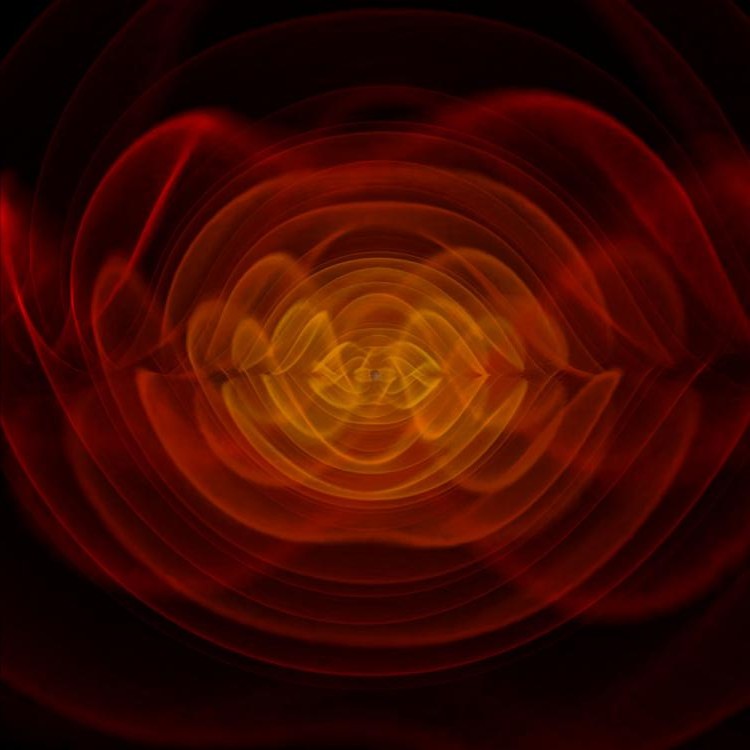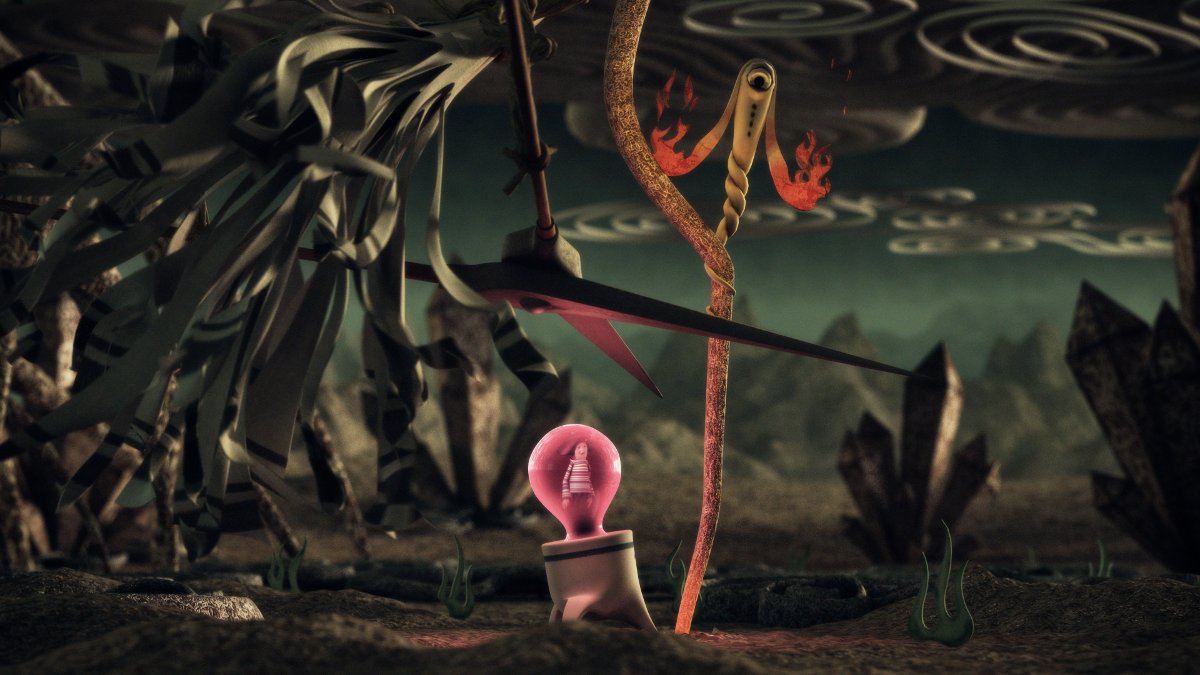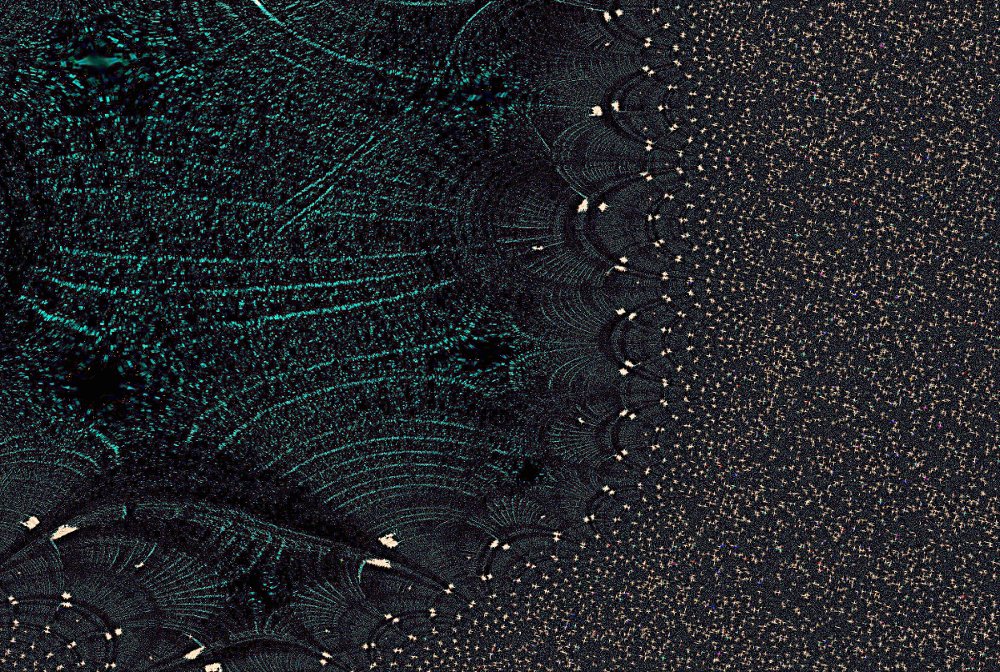Tag: scientific thought
Truth, Honor, Integrity, and Sensitivity (THIS)
My dad was a man of honor. If he said he was going to do something, you could bank on it getting done. He was also a very talented man. He constructed two family houses pretty much by himself. He built me a small car from scratch. He invented aluminum two-by-fours for houses. I never saw him treat anyone with anything but decency and respect. Most importantly, he stood by his principles, and his word was gold.
Free Will . . . or not
Copernicus destroyed the myth that we are central. Darwin destroyed the myth that we are special. Now, Crick and the neuroscientists want to destroy the myth that we are conscious. They suggest that all behaviors are simply manifestations of a conditioned brain – when the brain dies, we die. They posit that we operate simply out of habit. Essentially, they conclude that we are automatons with no free choice. Quite simply, our brain sends out Read More
Transcendental Possibilities
My hunch is that we are all searching for transcendental possibilities, but what in hell does that mean? I have been on a long journey trying to figure out what those possibilities might look like and how I can have any real degree of assurance that what people claim can be true. Thirty-two years ago I co-founded Possibilities, Inc. with Barry Cohen, a PhD philosopher, as a discovery vehicle for this journey. I’ve covered a Read More
The Centrality Delusion
In 1632, Galileo angered the Pope when he published a book in which he openly stated that the Earth was moving around the Sun. He was put on trial by the Inquisition in Rome, where he was found suspect of heresy, and forced to say that all of his findings were wrong. He was first imprisoned, and later confined to his house near Florence. This event was an early indication that debunking myths around centrality Read More

